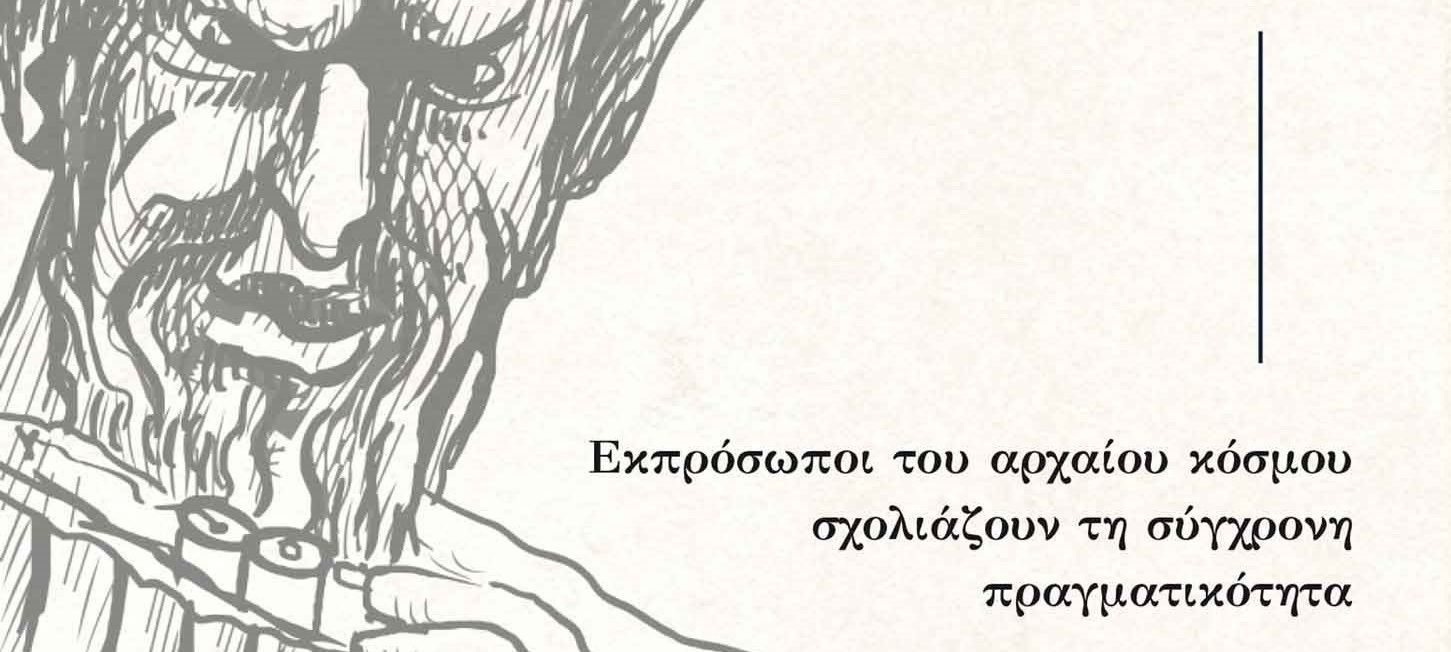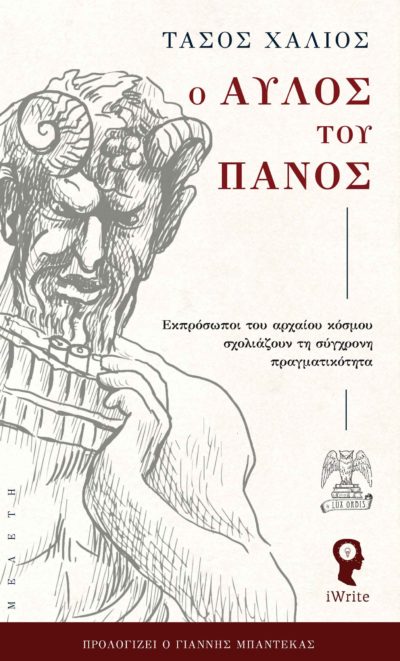What does Protagoras have to say about education, you ask? You have chosen to educate your young people in a completely different way than in my day. By a casual comparison, I can conclude that your methods are more efficient than ours. Since there is a whole system that supports the education of young people and this system is far from the usual ways that we applied when I was also teaching in the city markets. There seems to be a structure that your teachers replicate, as if there is one teacher and many messengers.
Going from city to city, I met many different people. I taught their children, but of course they too. I was rewarded for my services—how, after all, could I apply myself so zealously to my work, when I should apply myself with pains to the search for the necessaries of my subsistence?—and I was taught through the particularity of each who attended to my teachings. I applied an individualized dialectic method for each student. Beyond the general reference to terms and things, I have endeavored to draw from each the particular manner in which he would absorb the knowledge. According to this way of understanding, I also used different arguments to each of these studious youths, to teach the exact same things.
So, I wonder how your teachers present their students with knowledge in the same way. Regardless to everyone and indeed achieve excellent results given this amazing progress I encounter everywhere in my journey. For this progress I will hold this widespread knowledge, which you all seem to share, to be responsible. But for me knowledge itself is not determined completely objectively. But only through each person's senses, which differ from person to person in the way they process each impression.
Be that as it may, what I doubt is about the teaching of virtue.
For this I cannot ascertain whether it is taught satisfactorily or whether it is practiced at all. The education of people must contain, on the one hand, knowledge about the world, nature, politics, etc. Its purpose is to equip the new man with the elements of citizenship. He must equally offer him all these individual parts of virtue. Sections which concerned my well-intentioned friend, Socrates, so much.
In the event, then, that you agree with me in regard to my theory of the necessary element of right political action – for which I have insisted in my teaching that it is primarily morality, which ultimately secures the virtues – how to teach morality and how to lead safely to virtue? For if you discovered a way, in this age I would like to live and act. But if you have not some method within these instructions which your teachers follow, to teach the acquisition of virtue, then you neither make citizens nor are you yourselves.
Protagoras (490 BC – 420 BC) was a leading sophistic teacher of his time and the founder of the so-called sophistic movement for education. He introduced an anthropocentric perspective to the philosophy of his time and parts of his work have agnostic characteristics. For this reason, he was considered by some of his fellow citizens as an atheist. As a result, he received criticism from a portion of his fellow citizens. Nevertheless, according to Plato's work "Meno", Protagoras was honored until his death. Protagoras was one of the greatest philosophers who spoke about education.
Armodius and Aristogeiton's view of the modern world, and in particular the limitations placed on Love by prejudice, is just one of the views of modern issues from figures of the ancient world listed in the new collection of fiction "The Flute of Panos" by Tasos Khaliou, which is published by the Lux Orbis Book Series of iWrite Publications.


